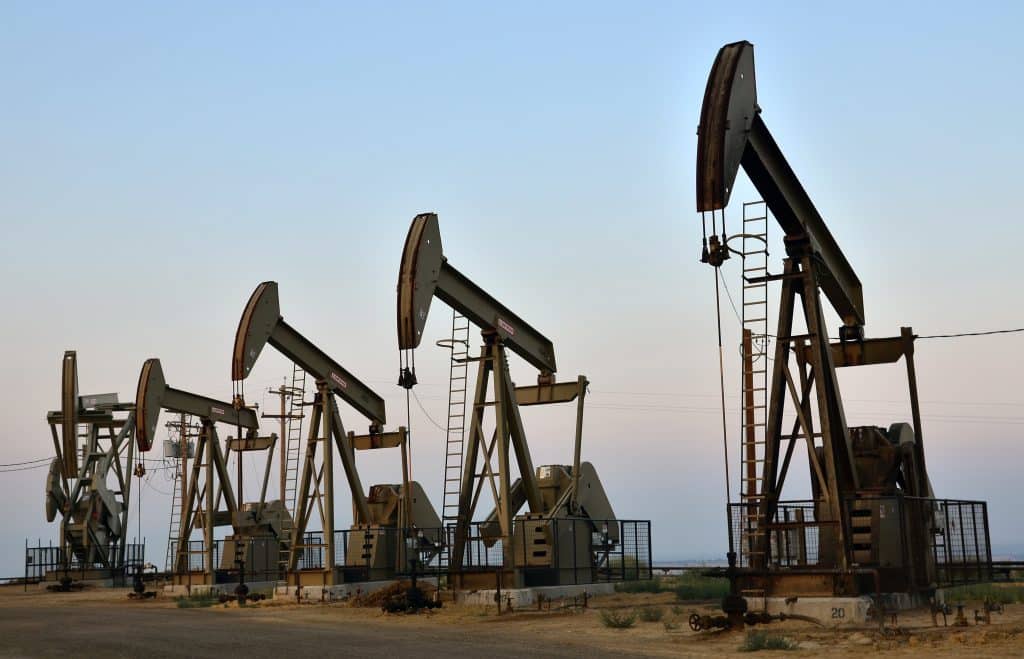Meanwhile, two months ago, Lammert van Raan of the Party for the Animals asked 25 highly critical Parliamentary questions to Finance Minister Hoekstra and Economic Affairs and Climate Minister Wiebes on the questionable climate plans of oil and gas companies. Minister Wiebes took a long time to reply to give. When it finally came, the minister turned out to be an excellent spokesperson for Shell and a champion at dodging questions and thus responsibilities.
Responsibility
Lammert van Raan's questions were based on a research by Oil Change International, which revealed that the latest climate plans of Shell, BP, Total and ENI, among others, are nowhere near enough to limit global warming to 1.5 degrees Celsius. After a thorough check, the plans of eight oil and gas giants surveyed turn out to be far less progressive than these companies would like the public to believe. At the same time, Shell presents itself as a big "more sustainable" company. For instance, Shell released a poll on Twitter asking "what are you willing to change to reduce CO2 emissions?".
This is colloquially known as 'green-washing': a working method in which companies like Shell feign commitment to a sustainable and liveable planet, but broadly fail to do so behind the scenes. This is often done by shifting the responsibility for greening to the public. Minister Wiebes seemed to agree wholeheartedly with Shell on this, stating that "it is up to citizens to provide the right incentives to companies so that they adjust their investment behaviour". This is like asking Dutch citizens to all hand in some salary so that irresponsibly rich professional footballers do the same: an upside-down world, in other words.
So the Minister wants consumers to behave responsibly in order to encourage oil and gas companies to change their behaviour. At the same time, in his answers, the Minister does give those same oil and gas companies a free pass to encourage irresponsible consumer behaviour through advertising: "Companies must make the choice of what they invest in and can advertise that."
Commitment
It seems like an accumulation of cobbled-together answers, even though the facts speak for themselves: oil and gas companies like Shell simply do not comply with the Paris Agreement. As icing on the cake, Minister Wiebes even seemed to deny these facts: "several oil and gas companies like Shell have signed and committed to the Climate Agreement". But what does this commitment mean on paper, if subsequent implementation is not up to scratch? That is where the government should play a major role: in setting clear criteria and taking action when these criteria are not met.
Minister Wiebes says he is working on this. This is because the government is going to phase out and end gas production in Groningen and wants to shift gas production to smaller Dutch fields on land and at sea, which would be more sustainable. This is where the minister is trying to get off too easy. Indeed, it is common knowledge that oil and gas giants like Shell get most of their gas production from abroad, from developing countries among others. The responsibilities of oil and gas companies, and thus the government's responsibility, go beyond the Dutch border. After all, climate change is a global problem and is not limited to the Groningen fields. "The big polluters are operating everywhere with the support of the Dutch government and the minister should not look away from the international consequences," the Party for the Animals said.
On the international front, Minister Wiebes also seems to be making an effort. He says he is working internationally to phase out financial incentives for fossil fuels. In the field of export credit insurance, for instance, the Netherlands has started greening its insurance portfolio. In this, the minister is only too happy to refer to the 'Monitor export credit insurance' of 2019, where greening was often mentioned. However, it also became clear that there was no actual greening. Indeed, the numbers and percentages are almost identical to previous years: €1.5 billion a year to the fossil industry.
Hold hands
Minister Wiebes seems to miss the mark several times in his answers to Lammert van Raan's many questions, pretending to be more a spokesperson for Shell than a Dutch Minister of Economic Affairs and Climate Change. The minister seems to feel responsible for protecting companies like Shell. As if they should not be criticised for their polluting policies. The Minister should take a different responsibility, namely protecting our environmental and living environment, which is threatened by oil and gas companies. Indeed, the Minister is legally obliged to do so after the Urgenda case.
Wiebes' words are contradictory to his actions, Party for the Animals also believes. According to them, the minister's stance is irresponsible. MP Lammert van Raan: "The minister's policy is sorting out ecocide. In words, the minister says he wants to stop stimulating the fossil sector and phase out subsidies for woody biomass. In deed, the opposite appears to be the case: the minister is holding the hand over the head of polluters; they continue to be paid and protected. This attitude undermines the transition to a just and climate-neutral society, but that is apparently another concern for future generations, if it is up to the minister."
So it is time for Minister Wiebes to let go of Shell's hand. "Precisely by continuing to encourage the fossil sector, the Minister is complicating a level playing field. And by not imposing standards, he undermines incentives for green companies," responds Party for the Animals. Instead of offering protection from angry wolves like Lammert van Raan, the minister should strengthen critical questions and hold oil and gas companies accountable. After all, the facts speak for themselves and the clock is ticking.
Source: Vice Versa
By: Jurrian Veldhuizen
Photo: Flickr





